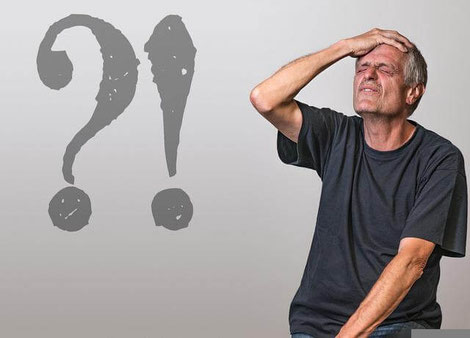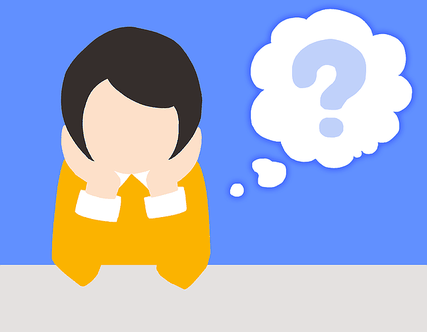2024 · 17. October 2024
If you’re anxious, you will see the world very differently to someone who isn’t anxious. My latest column explores how the anxious brain processes and interprets information.
2023 · 05. October 2023
Many of us find ourselves occasionally grappling with concerns about our health. Yet, for some, this unease goes beyond sporadic worry; it is a constant, exaggerated fear centred on health. My latest article looks at the obsessive and distressing nature of health anxiety, and talks about how the very things you do to ease your health anxiety - the rumination, the checking, the reassurance-seeking – are the very things keeping you stuck.
2022 · 03. October 2022
“Just stop worrying”, “think positive”, “don’t think about it” – if you’re a worrier, this isn’t helpful advice. My latest column looks at advice from CBT expert Dr Robert Leahy: learn to worry more effectively.
2022 · 25. August 2022
Many people fear making mistakes and react with shame or embarrassment when they err. However, you cannot learn any new skill without making mistakes. My latest column stresses that instead of trying to avoid mistakes, you must be willing to make them.
2022 · 11. August 2022
Worrying about a problem helps us to solve a problem – doesn’t it?
Well, no. Worrying and problem-solving are very different things. Indeed, research shows worrying actually makes us less likely, not more likely, to solve our problems.
And yet, worry can feel productive. What’s going on? Let's take a closer look.
2022 · 21. April 2022
Worry shows I care, it’s irresponsible not to worry, worry prevents bad things from happening, worry motivates me, worry protects me from negative emotions - do you have positive beliefs about worry? Answering some of the questions in this piece will help you find out.
2022 · 07. April 2022
One reason why worriers worry is because they have positive beliefs about worry, not least the unhelpful and untrue notion that worry is a positive personality trait, that worry shows you care and are a good person. If you really believe this, then you’re never going to kick the worry habit, because not worrying will leave you feeling uneasy and guilty. Let's take a closer look at the difference between worrying and caring.
2021 · 04. November 2021
I recently talked about exposure therapy and the importance of facing your fears. But what if you fear the thought of relaxing and being 'too happy'? One way of changing this mindset is by devising what I call emotional exposures. This article explores the aim of these emotional exposures: to drop that guard, to give give yourself permission to hope and be happy.
2021 · 07. October 2021
Relaxation is good for all of us. If you’re a worrier, however, you may well find that you actively resist relaxation, instead choosing to continue worrying. Why? My latest column explores research showing that worriers don’t like negative emotional contrasts – for example, when you suddenly go from feeling relaxed or upbeat to feeling stressed or fearful. To avoid this negative emotional shift, you stay on guard and continue to worry.
2020 · 27. August 2020
Cancelled exams, predictive grades, online classes – 2020 has been an enormously uncertain year for young people. My latest column offers some pointers as the school year resumes amidst the ongoing coronavirus pandemic.







